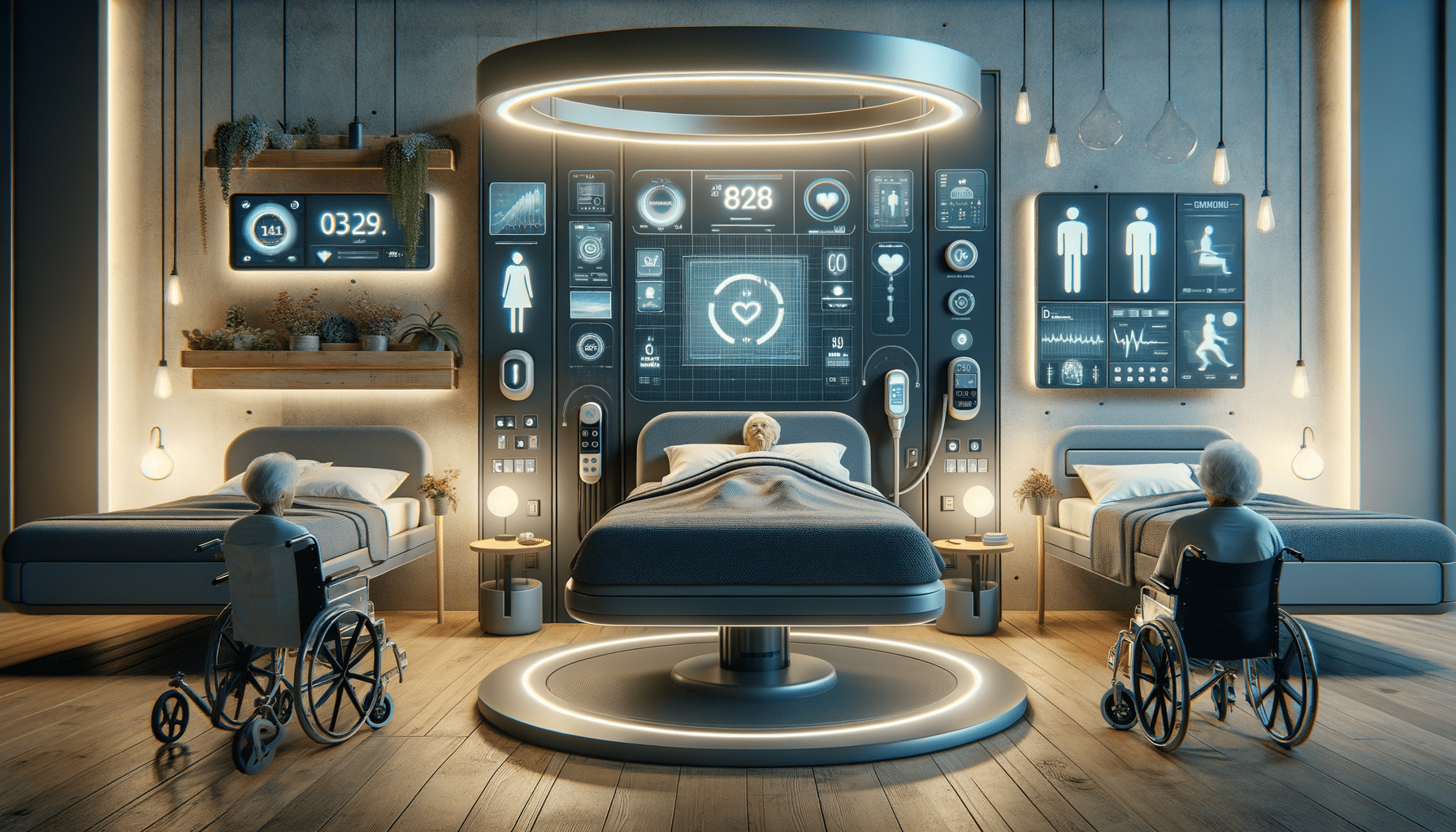
Smart Beds for Seniors: How Easy Adjustment and Mobility Support Improve Sleep
Understanding Smart Beds: A Technological Revolution in Sleep
Smart beds are at the forefront of the modern sleep revolution, integrating technology to enhance comfort, convenience, and health monitoring. Unlike traditional beds, smart beds incorporate sensors and connectivity features that allow users to adjust firmness, track sleep patterns, and even integrate with smart home systems. These beds are designed not only for comfort but also for improving the quality of sleep by adapting to the user’s needs.
One of the standout features of smart beds is their ability to adjust firmness and support based on the user’s preference or detected sleep position. This adaptability can lead to a more restful sleep, as the bed responds to the body’s needs throughout the night. Additionally, many smart beds come equipped with health monitoring capabilities, such as tracking heart rate, breathing patterns, and even detecting snoring. These features provide valuable insights into sleep quality and overall health.
Moreover, smart beds often include connectivity options, allowing them to sync with other smart home devices. This integration can provide a seamless bedtime routine, where lights dim, thermostats adjust, and soothing sounds play as the user prepares to sleep. The convenience and customization offered by smart beds make them a popular choice for those looking to enhance their sleep experience.
Smart Beds for Seniors: Enhancing Comfort and Safety
As the population ages, the demand for products that cater to the needs of seniors is on the rise. Smart beds for seniors are designed with features that prioritize comfort, safety, and ease of use. These beds often come with adjustable settings that can be controlled via remote or smartphone app, allowing seniors to easily find their ideal sleeping position.
In addition to comfort, smart beds for seniors focus heavily on safety. Features such as bed exit alarms, automatic night lights, and adjustable bed heights help prevent falls and provide peace of mind for both seniors and their caregivers. These beds can also support mobility by making it easier for seniors to get in and out of bed, reducing the risk of injury.
Smart beds for seniors may also include health monitoring features that track vital signs and sleep patterns, offering valuable data that can be shared with healthcare providers. This capability allows for better management of health conditions and can alert caregivers to potential issues before they become serious. Overall, smart beds for seniors are a significant advancement in providing a safer and more comfortable sleeping environment for aging individuals.
Adjustable Smart Beds: Customizing Sleep for Every Need
Adjustable smart beds offer a level of customization that traditional beds cannot match. These beds allow users to adjust the head and foot sections independently, providing personalized comfort for a variety of needs. Whether it’s elevating the head to reduce snoring or lifting the legs to improve circulation, adjustable smart beds cater to individual preferences and health requirements.
For individuals with specific health concerns, such as back pain or sleep apnea, adjustable smart beds can provide targeted relief. By allowing users to find the optimal sleeping position, these beds can alleviate pressure points and improve breathing. Furthermore, the ability to adjust the bed’s position can enhance circulation and reduce swelling, particularly beneficial for those with mobility issues or circulatory conditions.
Beyond health benefits, adjustable smart beds offer convenience and luxury. Many models come with additional features such as massage functions, USB ports for device charging, and under-bed lighting. These enhancements contribute to a more enjoyable and restful sleep experience, making adjustable smart beds a worthwhile investment for those seeking both comfort and functionality.


